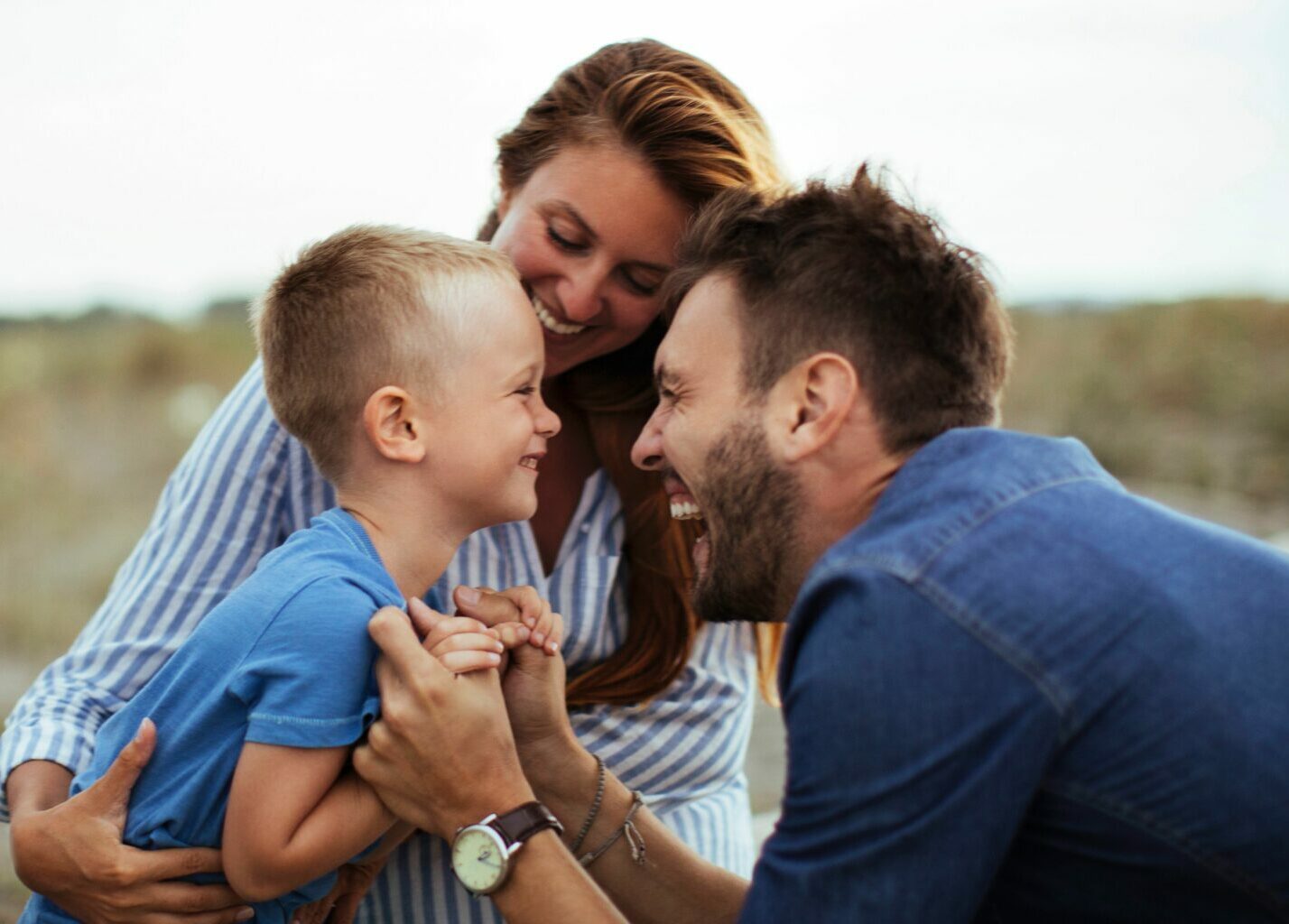
West Street, BN7 2NZ Lewes,
[email protected] +44 (0)1273093940 https://www.teentips.co.uk
Uninvolved parenting is a term used to describe parents who show a complete lack of emotional involvement with their children and a complete lack of responsiveness towards their children’s needs. This type of parenting is neglectful and has the capacity to negatively impact almost every facet of life for children.
When Diana Baumrind described parenting styles in her 1960’s research she identified three – authoritarian, authoritative and permissive. Uninvolved parenting was added later. Baumrind used two primary dimensions to categorise her parenting styles – parental responsiveness and parental demandingness. Parents classified as uninvolved are low on both dimensions.
Uninvolved parents are often detached from their children’s lives. They provide minimal attention and support and are often completely indifferent to the wellbeing of their children.
In adolescence these children are much more likely to engage in more externalising behaviours including drug and alcohol abuse. These teens have lower self-esteem and a much higher propensity to depressive symptoms. When children are consistently emotionally neglected this can have long-lasting consequences on their emotional health.

The foundation of resilience is relationships and while the primary care giving relationship is fundamental to this it is not the only relationship that matters.
What these young people need is to have the experience of being seen and valued for who they are. This essentially means being human and responding with warmth and empathy. When young people know there are people who have their backs this allows them to feel safe and when we feel safe it is so much easier to take risks and try new things which is what builds our resilience.
Dr Karen Triesman, a UK clinical psychologist, coined the phrase ‘every interaction is an intervention’ which sits beautifully alongside Dr Bruce Perry’s idea of therapeutic dosing – every time a young person has a positive interaction (however brief) with the adults around them these interactions become hard wired and they start to trust that there are safe relationships in the world.
For the young people of parents with an uninvolved parenting style it is the little things that are the most powerful. It is about greeting them warmly in the morning, it is about asking about how the weekend went, it is about smiling at them, it is about saying “that is really hard” when they are struggling. So much of the time our young people just want to be seen and for these young people, seeing them is the most precious gift you can offer.
Keep up to date on our latest insights, guidance and tips